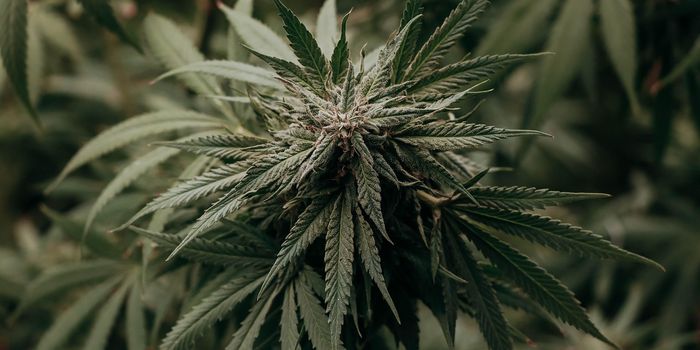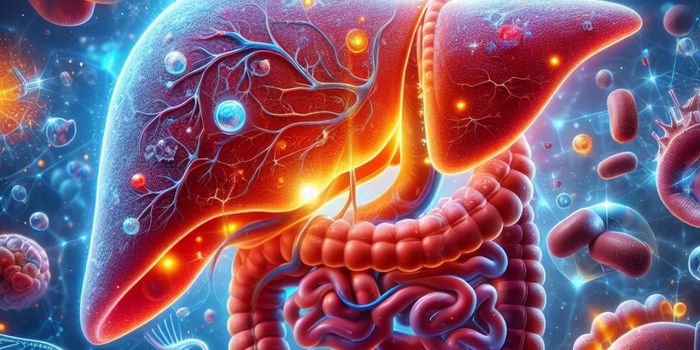Prenatal THC May Increase Risk of Opioid Addition

Increasing rates of cannabis use among pregnant women have raised concerns about how cannabinoids may affect growing fetuses. This comes especially as THC has been shown to cross the placenta and affect fetal brain development, including dopaminergic pathways. How prenatal THC exposure, however, relates to striatum-based processing during reward pursuit remains unknown.
To shed more light on the topic, the researchers behind the current study observed rat fetuses exposed to moderately low doses of THC, equivalent to their mother smoking one or two joints per day. They found that during adolescence, exposed rats experienced a greater dopamine surge when exposed to opioid drugs compared to those not exposed to THC.
During early adulthood, exposed rats were also more likely to show increased opioid-seeking behavior and to relapse upon opioid-associated environmental cues in comparison to unexposed counterparts. Exposed rats were also more likely to develop persistent addiction-like behaviors.
“These observations support the hypothesis of a hypersensitized ‘wanting’ system that develops in the brain after exposure to THC during prenatal development," said study corresponding author Joseph Cheer, PhD, Professor of Neurobiology and Psychiatry at the University of Maryland School of Medicine, in a press release.
"Interestingly, we found that this opioid-seeking phenotype occurs significantly more in males compared to females, and we are currently performing research with our colleagues at the University of Maryland School of Medicine to determine why this is the case," he added.
The researchers concluded that the findings indicate prenatal THC exposure in male rats is linked to pronounced neurodevelopmental susceptibility to addiction-like disorders.
“We need to more fully understand the enduring effects of THC exposure in the womb and whether we can reverse some of the deleterious effects through CRISPR-based gene therapies or repurposed drugs,” said Mark T. Gladwin, MD, Distinguished Professor and vice president for medical affairs at the University of Maryland, Baltimore, who was not involved in the study, in a press release.
“We also need to provide better advice to pregnant patients, many of whom are using cannabis to help control anxiety because they think this drug is safer for their baby than traditional anti-anxiety medications," he added.
Sources: EurekAlert, Science Advances








